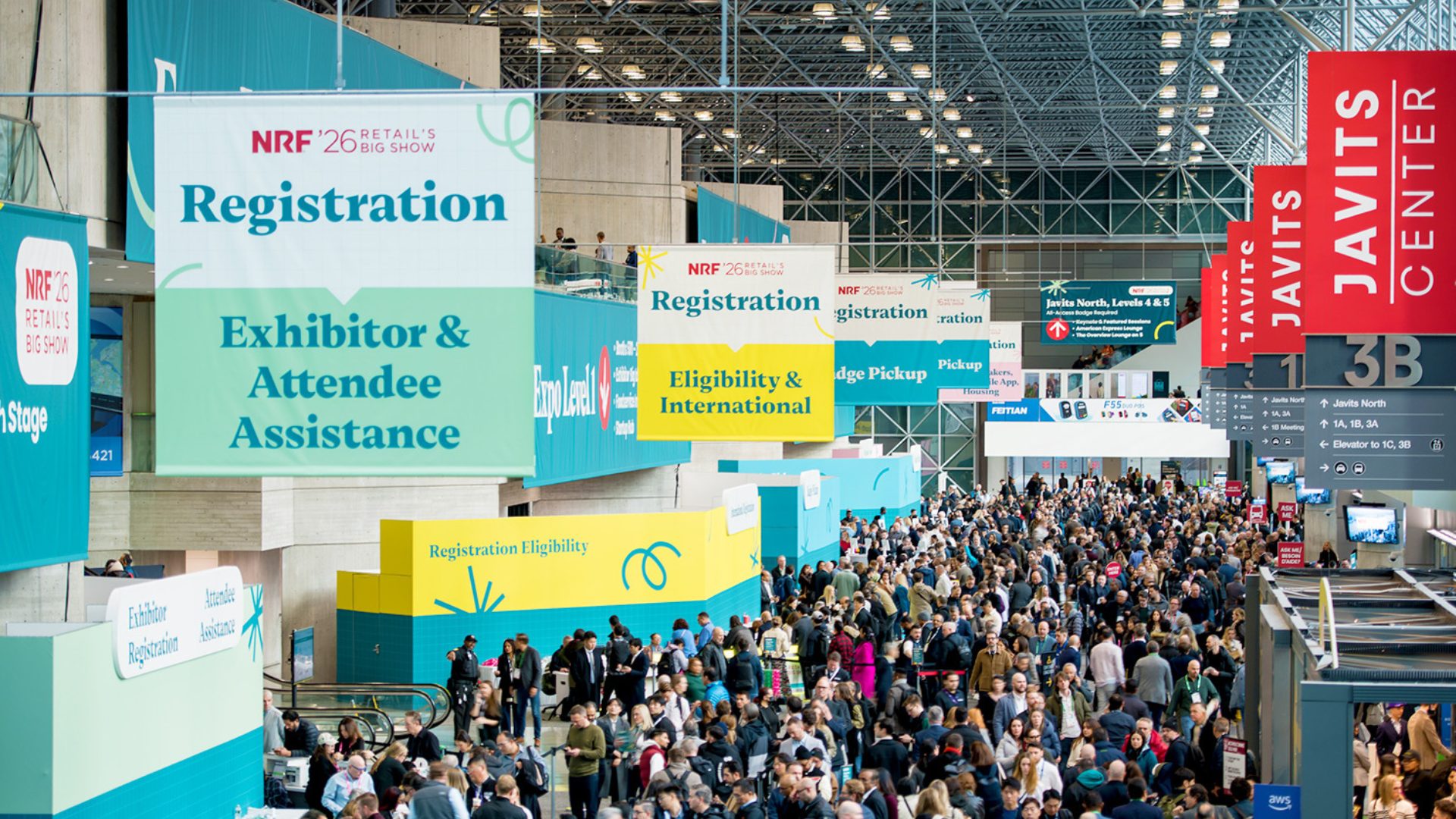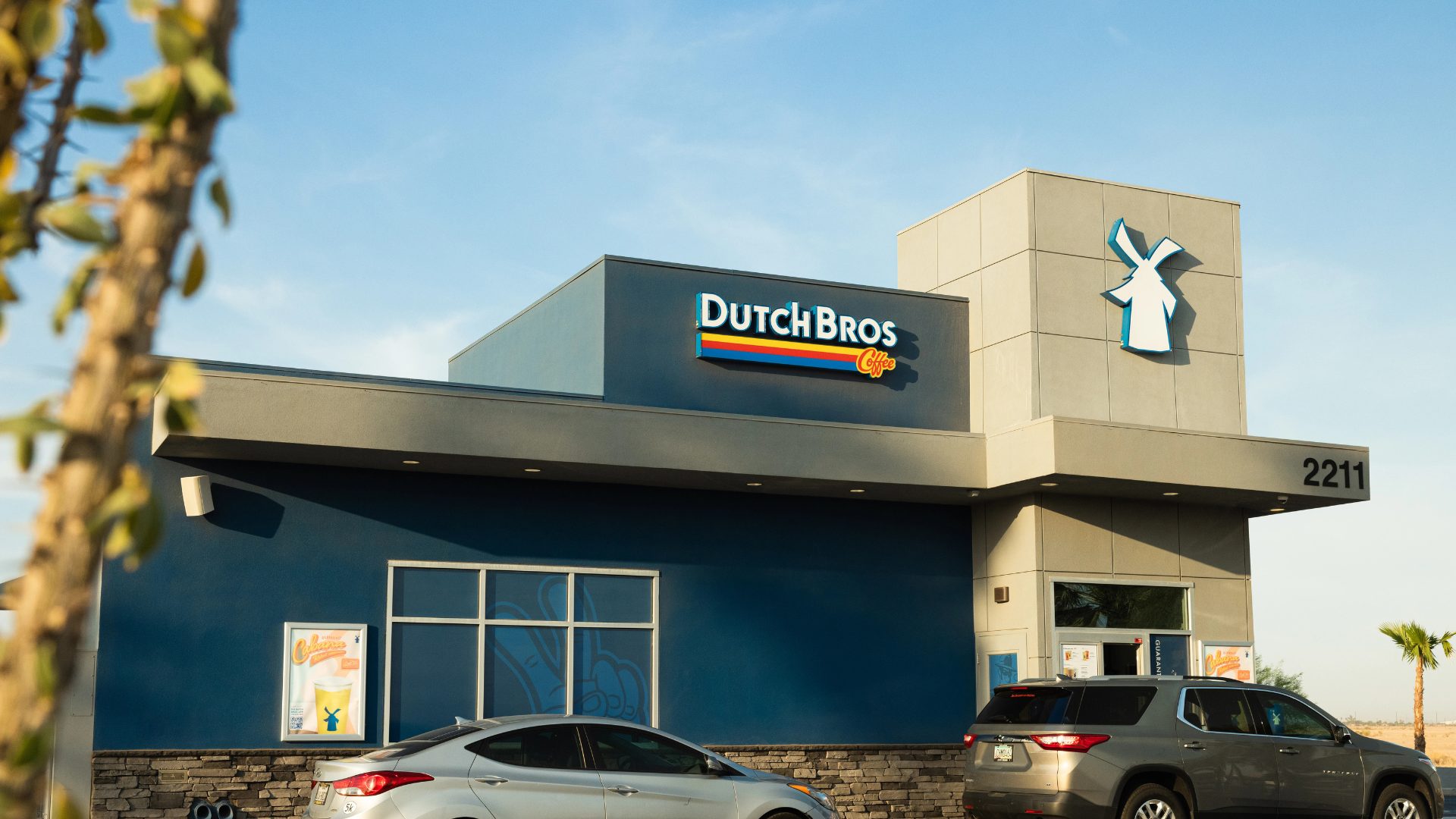2025 has not been kind to PepsiCo and its subsidiary Frito Lay. Early this year, the Federal Trade Commission sued the CPG for alleged illegal pricing strategies; now, two California convenience store chains are following suit.
The proposed class action lawsuit, filed by Alqosh Enterprises and NMRM, Inc., on February 17 accused the brand of engaging in illegal price discrimination by violating a U.S. antitrust law, called the Robinson-Patman Act, and two California state laws.
“The federal Robinson-Patman Act, 15 U.S.C. § 13 (the “RPA”), makes it illegal for a manufacturer… to charge higher prices to ‘disfavored’ customers, while charging lower prices to ‘favored’ customers, where those two sets of customers make the purchases for re-sale, and are in competition with each other,” read the lawsuit.
The document positions the convenience chains as small buyers who possess a smaller quantity purchasing ability than large buyers such as Walmart. As such, they are placed at a competitive disadvantage, along with hundreds of other similarly sized stores across the state.
PepsiCo and Frito-Lay have not publicly addressed the allegations presented in this lawsuit and did not respond to The Food Institute’s request for comment. However, the parent responded to the earlier FTC complaint in January, stating the following:
“PepsiCo strongly disputes the FTC’s allegations and the partisan manner in which the suit was filed. We will vigorously present our case in court.”
The RPA: A History of Accountability
The RPA was first enacted in 1936 to protect smaller retailers from chain store competition by fixing a minimum price for retail products. In this way, it prevents “preferred customers” from being supplied products at a reduced price.
The Supreme Court ruled that price discrimination claims under the RPA must be evaluated alongside other antitrust policies, as price discriminations are, by and large lawful, as they often reflect different costs associated with dealing with diverse buyers, as outlined in the FTC’s guide to antitrust laws.
Although enforcement of the law has fallen out of vogue, a watershed suit in 1994 outside of F&B leveraged the act to allege large booksellers such as Penguin USA and St. Martin’s Press engaged in nefarious pricing strategies that favored “certain large national chains and buying clubs,” according to the FTC complaint. These declarations led seven book publishing goliaths to enter consent decrees to stop predatory pricing.
A similar tactic is being mobilized in the F&B industry today, and PepsiCo’s current legal woes are just one example of smaller businesses taking on larger enterprises using the RPA. In late 2024, the FTC also took on Southern Glazer’s Wine & Spirits, the largest domestic alcohol distributor, for similar price discrimination tactics.
Moreover, the lawyers for the California convenience store lawsuit have been separately pursuing a 2018 lawsuit accusing 5-Hour Energy drink maker Living Essentials of employing an illegal pricing strategy, reports Reuters. Most recently, the U.S. Supreme Court declined to hear Living Essentials’ challenge to the lawsuit in October, likely verifying its legal precedence.
Tensions are Bubbling
The January FTC lawsuit against PepsiCo signals a larger governmental struggle timed to the changing of the Presidential administration. As such, the CPG is implicated in a larger conversation around the interpretation of the law.
The lawsuit also leveraged the RPA to assert the chain participated in price discrimination by using advertising and promotional allowances to favor large businesses.
“When firms like Pepsi give massive retailers a leg up, it tilts the playing field against small firms and ultimately inflates prices for American consumers,” said former FTC chair Lina M. Khan in a statement. Since then, Trump administration-appointed Andrew N. Ferguson has replaced her as chair.
Ferguson, on the other hand, is unlikely to hold PepsiCo accountable. On the same day of the FTC suit, he issued a statement calling the evocation of the RPA “a political matter” that advances a Democratic agenda.
“In a cynical attempt to tie the hands of the incoming Trump Administration, the Democratic majority launches a major lawsuit on little more than a hunch,” he said, referring to the PepsiCo case.
The Food Institute Podcast
When it comes to data in the food-away-from home sector, what are the major challenges and opportunities companies are facing today? Tibersoft’s Chris Hart joined The Food Institute Podcast to discuss how collaboration and data interoperability will be a key theme for the foodservice sector in the years to come.












